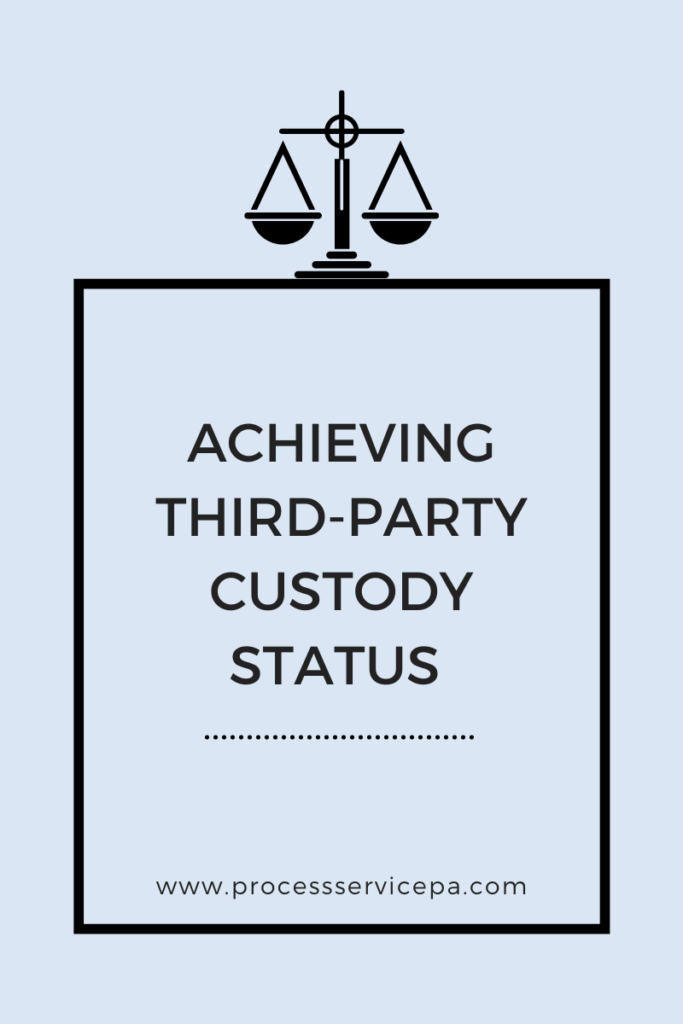Looking to Achieve Third-Party Status in Pennsylvania?
By: Sydney Richter
 Child Custody Disputes
Child Custody Disputes
Given the delicate nature of familial relationships and financial struggles today, child custody disputes are now more complex. If you are looking to obtain third-party custody rights, here is your primer.
Separated parents may have the ability to file for custody rights of their child in Pennsylvania. This right may extend to third parties or grandparents who occupy a parental role, or in loco parentis, to the child. If it is in the “best interest of the child”, the parent’s right to custody may be limited.
In loco parentis standing describes someone who assumes parental duties and provides a nurturing environment for the child, without legal adoption. An ex-spouse, partner, friend, or relative who assumes parental obligations in a time of need can form an in loco parentis relationship.
To protect families from third-party intruders, Pennsylvania law may require the parents’ consent to allow the third party to serve in a parent-like role. Once parents provide consent, it may be difficult to reverse this decision. By consenting to these established roles, you may be authorizing the formation of the in loco parentis relationship. Third parties may acquire the status of in loco parentis even if both parents are actively involved in the child’s life.
Grandparents/Third-Parties
In the case of grandparents as a third party, there are two distinctions: grandparents who display an informal adoption, or in loco parentis, and grandparents who are frequent caretakers of the child. In order to obtain custody of your grandchild, you must prove the existence of a parent-like role and/or the parents’ consent.
Pennsylvania has provided alternative solutions for grandparents seeking custody who are unable to prove in loco parentis standing if they assume responsibility for the child and meet statutory conditions.
Grandparents who do not meet these statutory requirements may be able to petition for partial custody or visitation if they meet the elements for “standing”.
“Standing” may be extended to great-grandparents who do not stand in loco parentis to the child. In certain circumstances, great-grandparents may petition for partial custody or visitation rights.
If both parents have agreed that the grandparents or great-grandparents should not have any form of custody, the courts may not grant them custody or visitation rights. Consult with us to understand the complexities around modern child custody disputes and what is in the “best interest of the child”. In child custody disputes, no matter your relationship with the child, it is important to understand your rights.